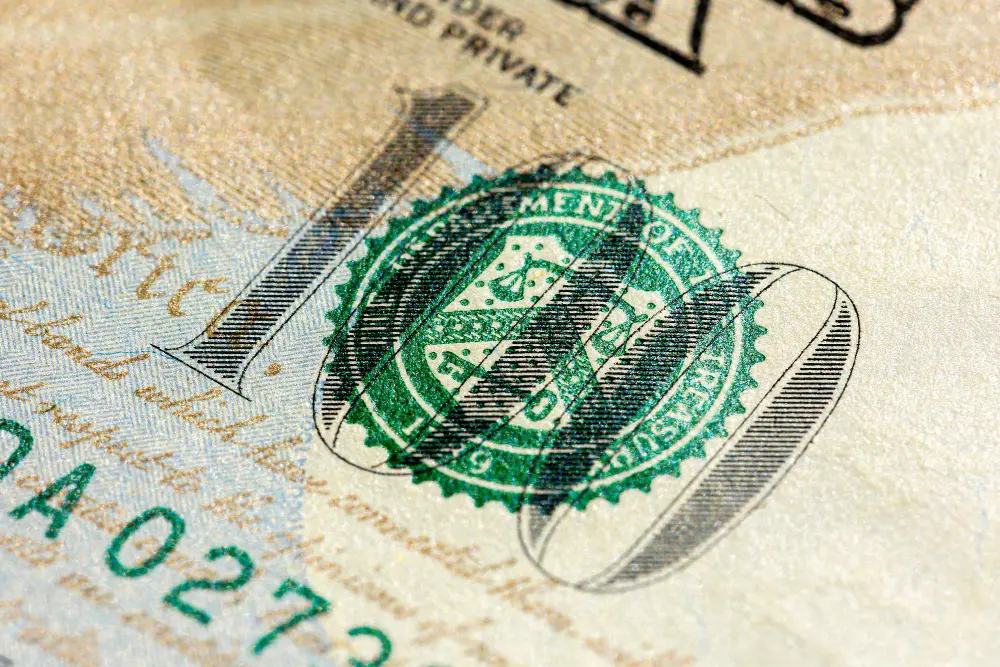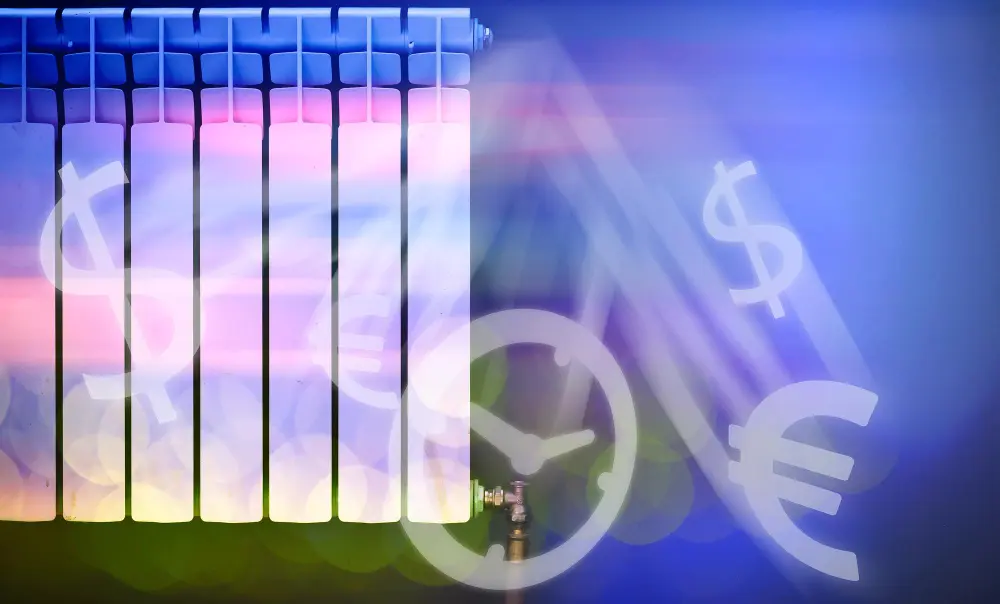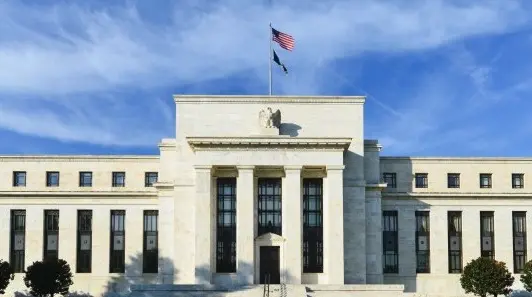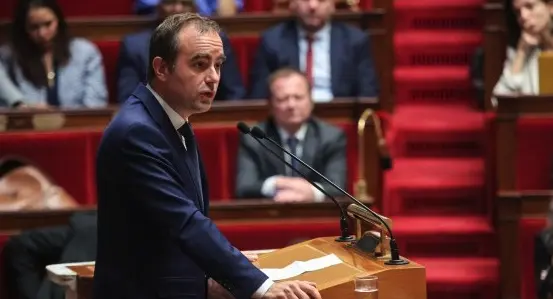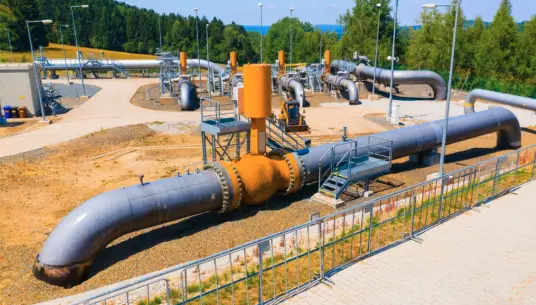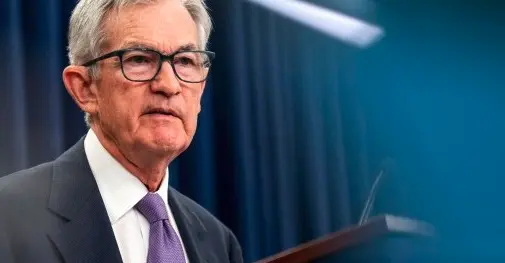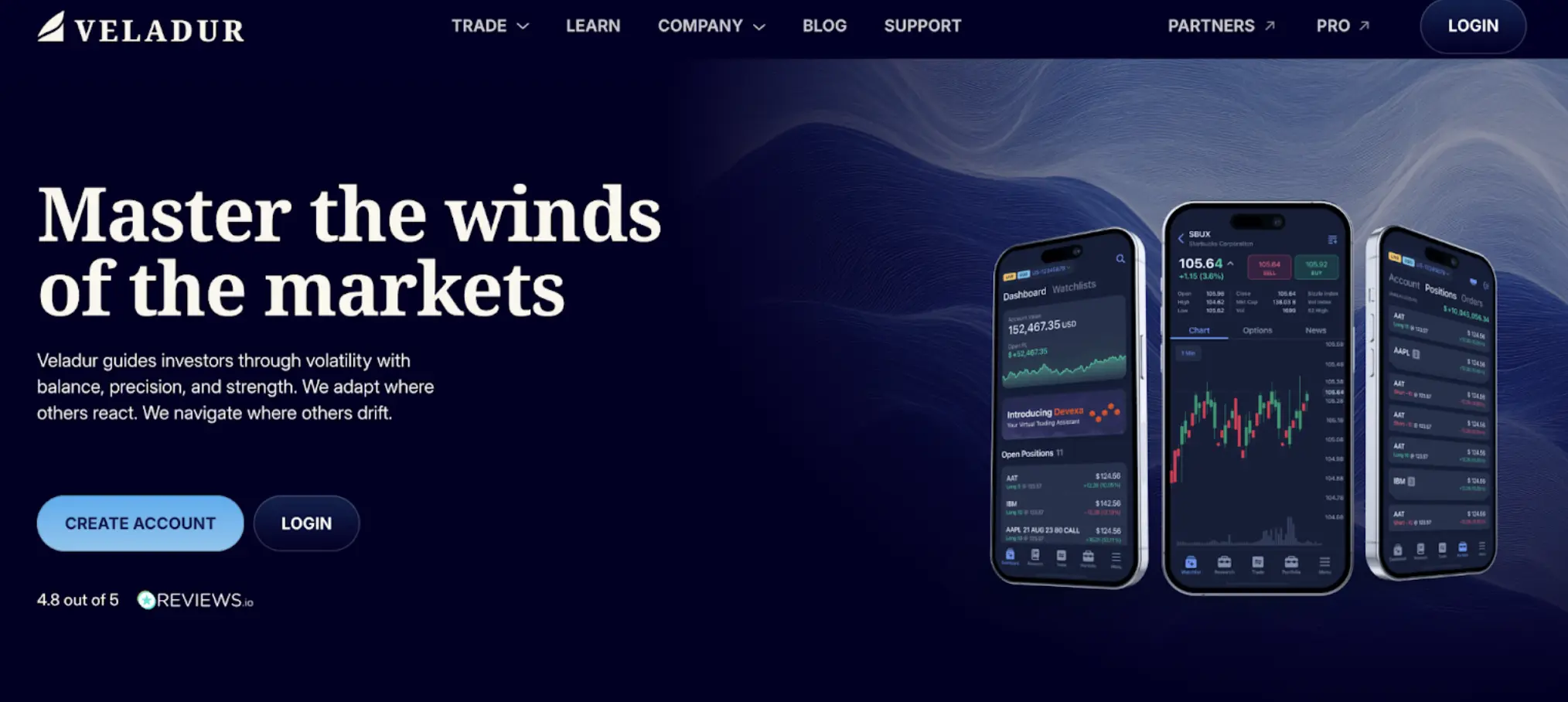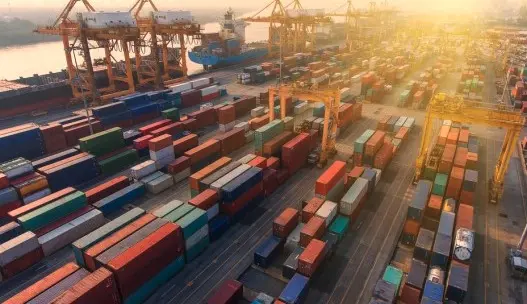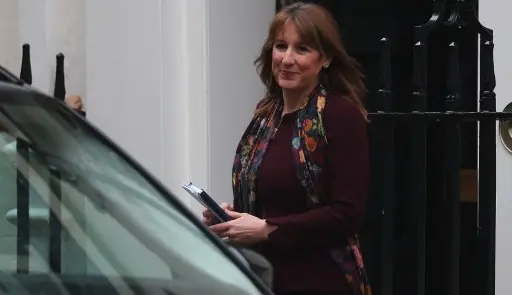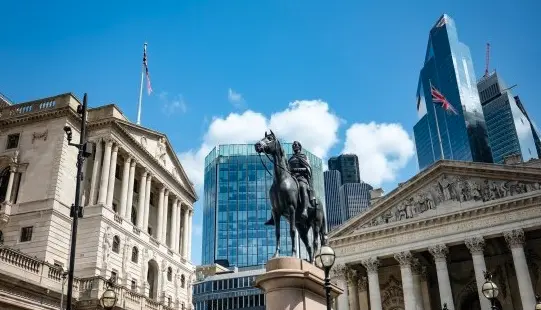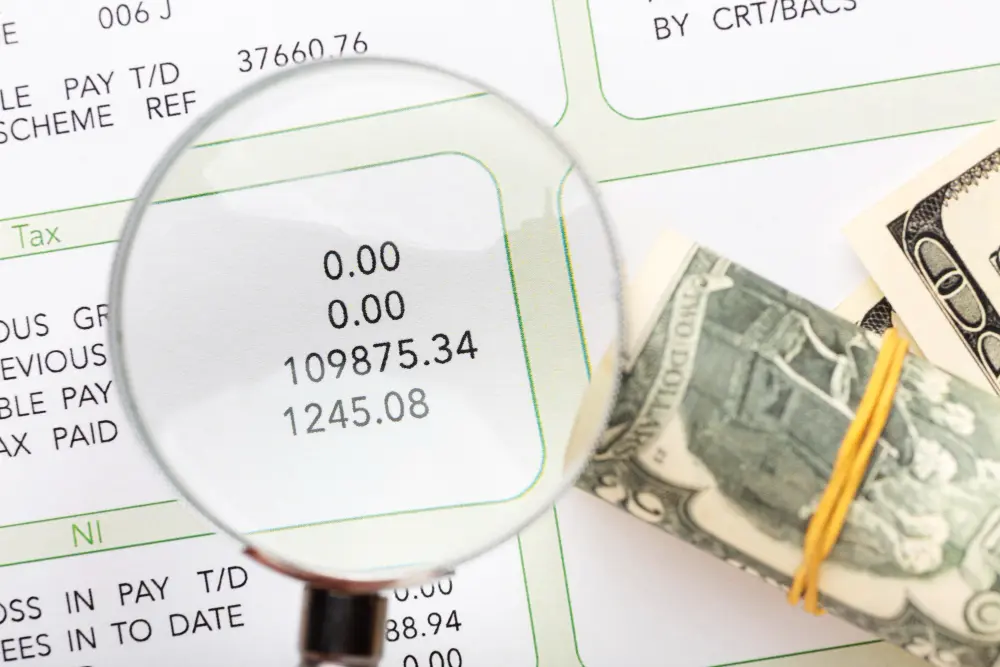The Christian Democrats (CDU) achieved the largest share of the vote and their leader Friedrich Merz is likely to be elected chancellor
The Christian Democrats (CDU) achieved the largest share of the vote and their leader Friedrich Merz is likely to be elected chancellor
Germany’s most prominent leading indicator, the Ifo index, just signalled that the next government cannot count on any cyclical tailwind, yet. Coming in at 85.2 in February, from 85.1 in January, the Ifo index suggests that the German economy is still in stagnation. The current assessment component weakened significantly (from 86.0 in January to 85.0 in February), while expectations improved somewhat.
Germany’s economic problems should be well-known by now. In the short run, possible US tariffs as well as increased energy prices should continue weighing on economic activity. At the same time, renewed geopolitical tensions and the US administration’s changed stance on defence and security in Europe are likely to weigh on consumer spending. This is why all eyes will now be on the upcoming coalition talks, hoping for some breakthrough and at least a confidence boost.
Coalition options down to one
As it currently stands, another grand coalition appears to be the only viable government option, despite significant differences in tax policies, energy, investments, and financing. Following its worst election result ever, the SPD is unlikely to easily join a government coalition as a junior partner to the CDU/CSU. The party is likely entering a new era of political leadership and facing another existential crisis. Any coalition agreement will likely need to pass an SPD grassroots vote. Nevertheless, the SPD will eventually concede, as a grand coalition remains the only feasible option for the CDU/CSU to form a government. The only alternative would be a coalition with the AfD, a scenario strictly ruled out by Friedrich Merz.
What could the next government realistically deliver?
A revival of the grand coalition could bring some tax cuts for households and corporates without cuts in social expenditures, as well as some deregulation. It will probably also agree on investments in infrastructure and defence, either via a special purpose vehicle or changes to the debt brake. Germany might support increased European efforts to fund defence and infrastructure spending. However, significant reforms, such as changes to the pension system, seem highly unlikely. Additionally, achieving lower and more stable energy prices should not be taken for granted.
The biggest challenge will be financing any new plans. During the campaign, the CDU/CSU presented plans with a significant funding gap. However, it was always suspected that the CDU/CSU would shift its stance on the debt brake after the elections. With the Left and the Greens, there is now a 2/3 majority in parliament for outright changes to the debt brake, although the Left would not support such a debate for increased defence spending. There is a narrow window to reform the debt brake by using the next 30 days, during which the current parliament is still in place, to secure the votes of the SPD, Greens, and CDU for changes to the debt brake.
Some cyclical improvement without Wirtschaftswunder 3.0
German voters will get what they want the most: soft and gentle change but no disruption. Some cyclical recovery without getting close to any Wirtschaftswunder 3.0. In fact, the biggest risk next to simply delaying overdue reforms is a further strengthening of the far-right and far-left (as happened whenever CDU/CSU and SPD were in a coalition). Therefore, a lot of the success of the next government will depend on the willingness of individual parties and leading politicians to leave personal and party interests behind and focus on getting the economy out of its structural stagnation. This would also require leaving some political holy cows behind.
This is a feasible scenario if the main motivation of such a coalition is to prevent the AfD from winning the next election – a likely scenario if the next government doesn’t succeed. In this regard, stricter immigration rules are a more likely outcome than an agreement on an overhaul of Germany’s economic business model. Unless the next government has really read the sign of the times.





